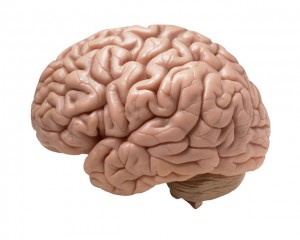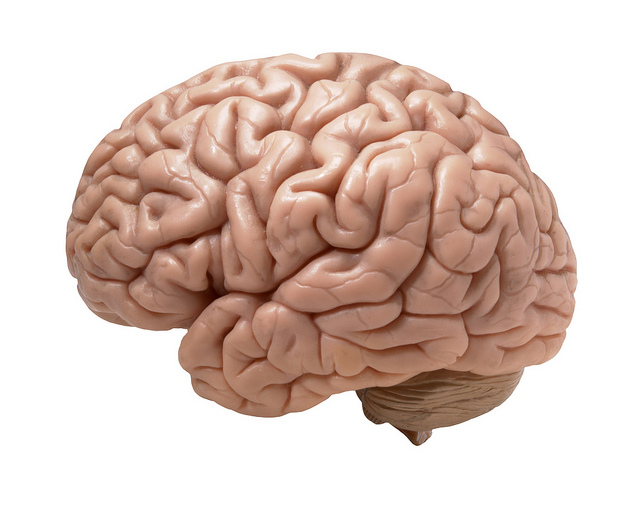Head Injury Link To Alzheimer’s Brain Changes
 Neurology: Amyloid pathology and axonal injury after brain trauma
Neurology: Amyloid pathology and axonal injury after brain trauma
Researchers in London have found evidence of a hallmark Alzheimer’s disease protein building up in the brains of middle-aged people with brain injuries. The study is published on Wednesday 3 February in the journal Neurology.
The study was carried out by a team at Imperial College London and involved 9 people with an average age of 44 who had experienced a moderate or severe traumatic brain injury between 11 months and 17 years before the start of the study. The causes of these injuries included road accidents and assaults. Using a specialised brain scanning technique, the researchers were able to reveal areas where a protein called amyloid had clumped together in the brain. Amyloid is a hallmark of Alzheimer’s that is thought to drive damage to nerve cells in the disease. The team also scanned a group of people with Alzheimer’s disease and group of healthy control participants.
The results showed that people with a brain injury had increased levels of amyloid protein in the brain compared to people without an injury. The brain regions showing amyloid build-ups included those that are normally affected in Alzheimer’s, as well as areas not typically affected in the disease. By using a second type of brain scan, the researchers found that the areas of the brain most affected by amyloid were those with the most damage to the white matter – the wiring or communication pathways in the brain. The researchers suggest that it is this white matter damage that may trigger the clumping together of amyloid protein after a brain injury.
Dr Rosa Sancho, Head of Research at Alzheimer’s Research UK, said:
“Evidence suggests that significant or repeated head injury could lead to an increased risk of dementia, but the biological processes underlying this link are not well understood. This small study suggests a mechanism by which damage to the brain could lead to an accumulation of the hallmark Alzheimer’s protein, amyloid, but the people in this study didn’t have any Alzheimer’s symptoms and we don’t know whether they will develop the disease in later life.
“The risk factors for Alzheimer’s disease are complex with age, genetics, and lifestyle factors all playing a role. More research involving larger groups of people will be needed to fully investigate the long-term effects of head trauma on the brain but it’s encouraging to see more research being done in this area. Better understanding the risk factors for diseases like Alzheimer’s is crucial if scientists are to develop new ways to prevent these conditions. Current evidence suggests that a balanced diet, staying physically and mentally active, not smoking and keeping blood pressure and cholesterol in check could help to reduce the risk of diseases like Alzheimer’s as we get older.”






